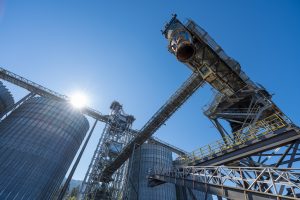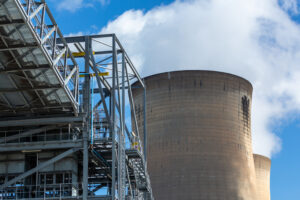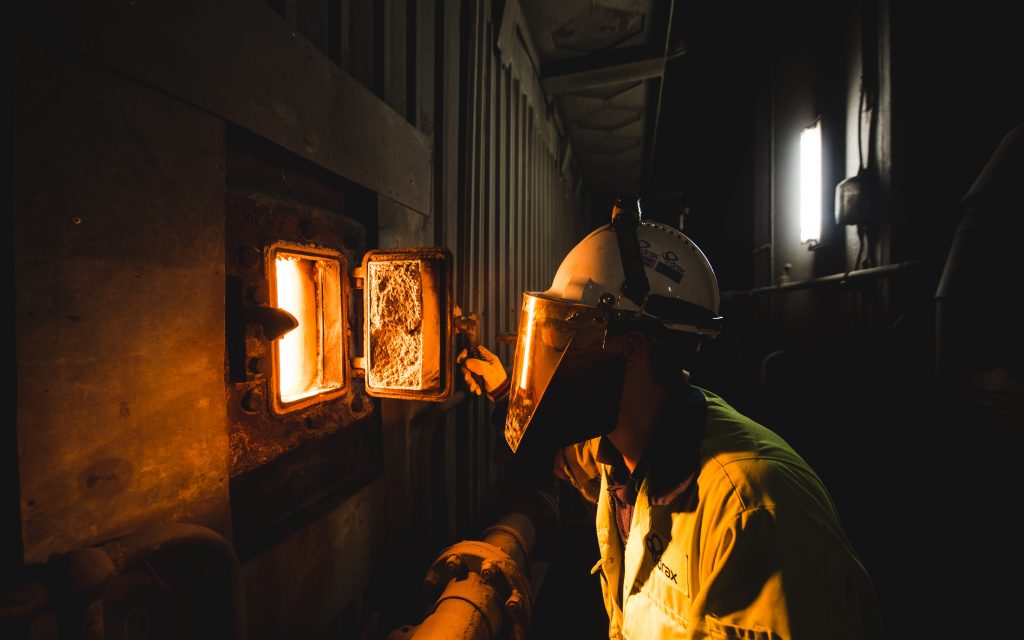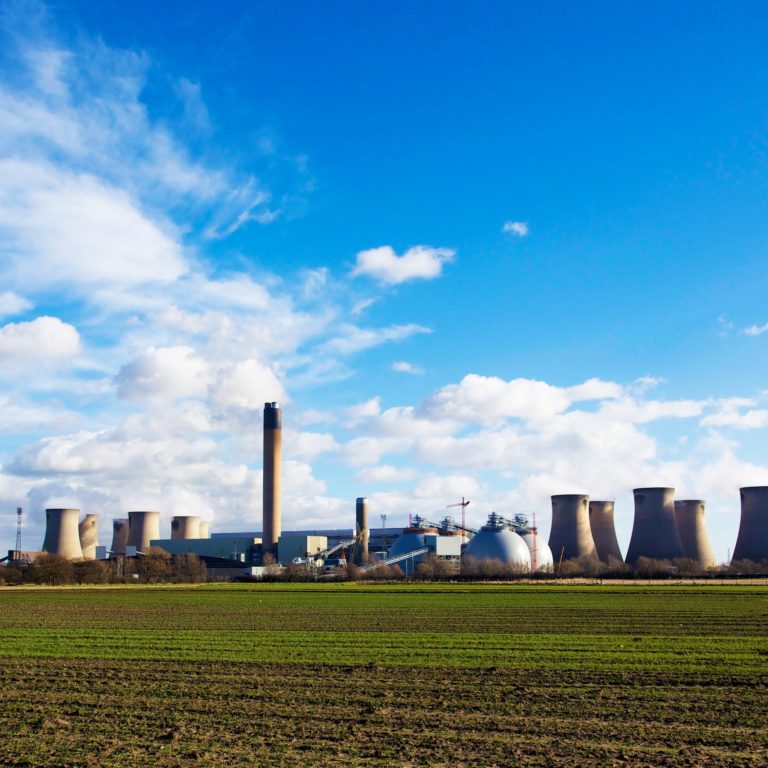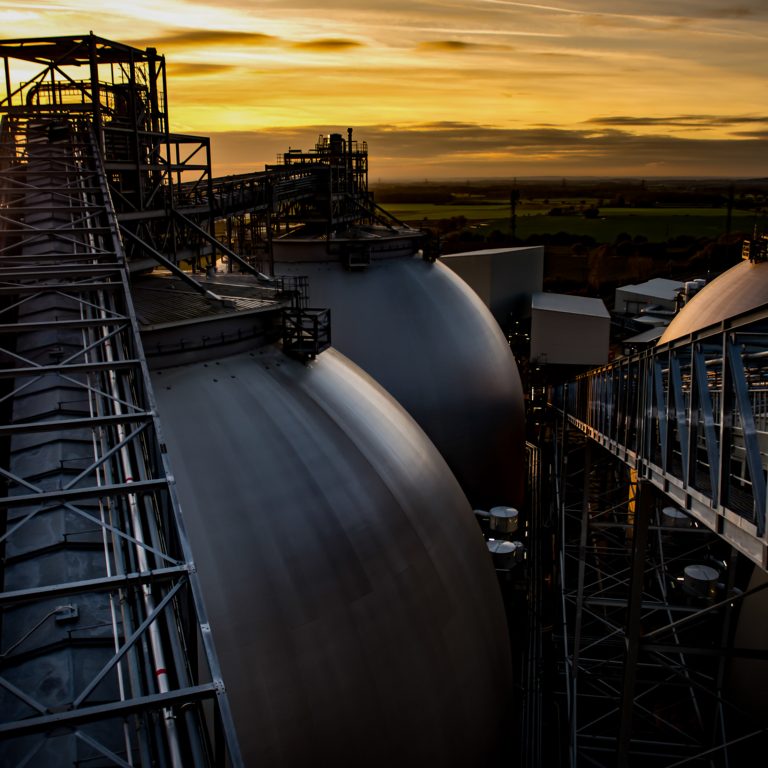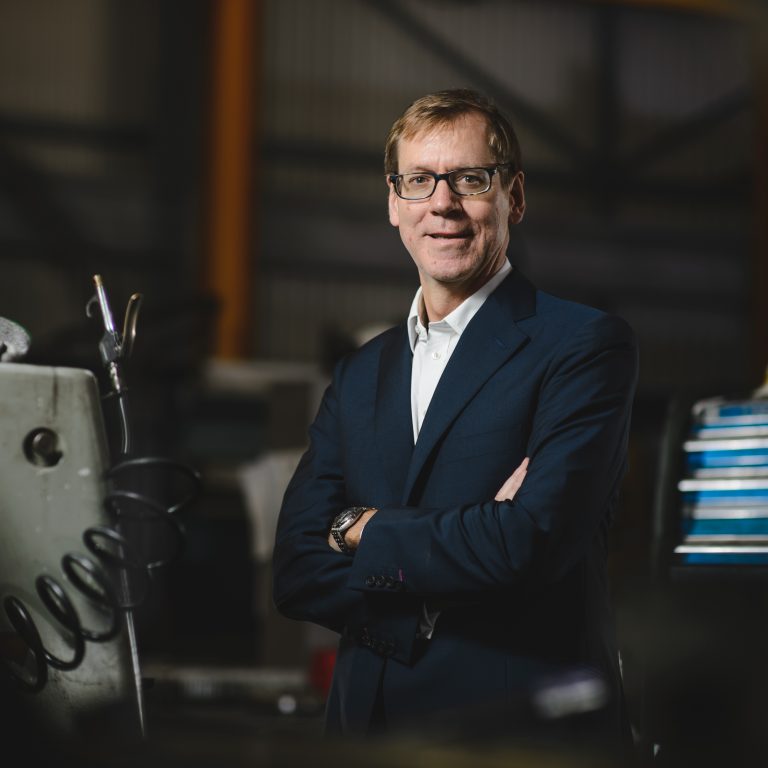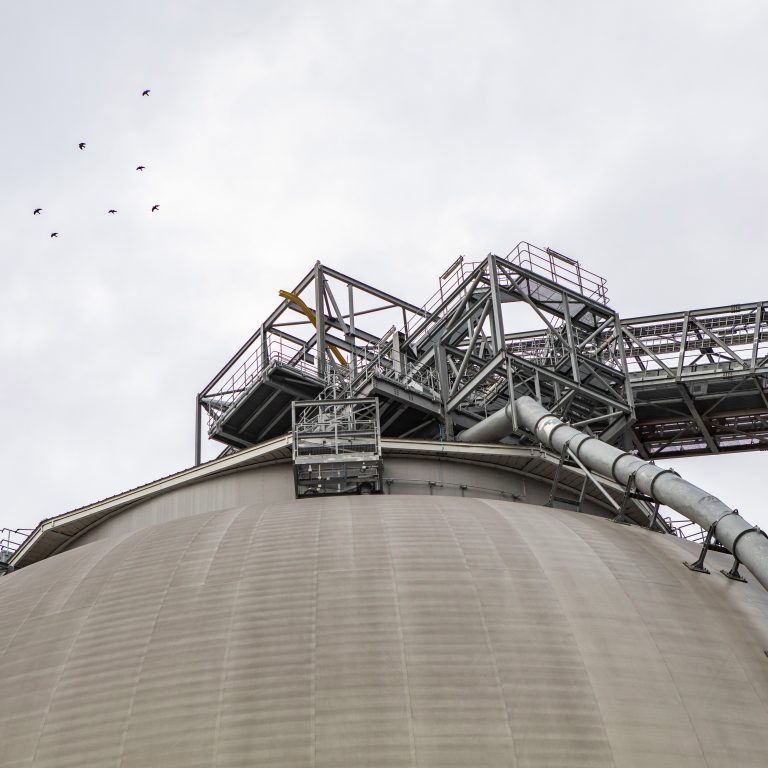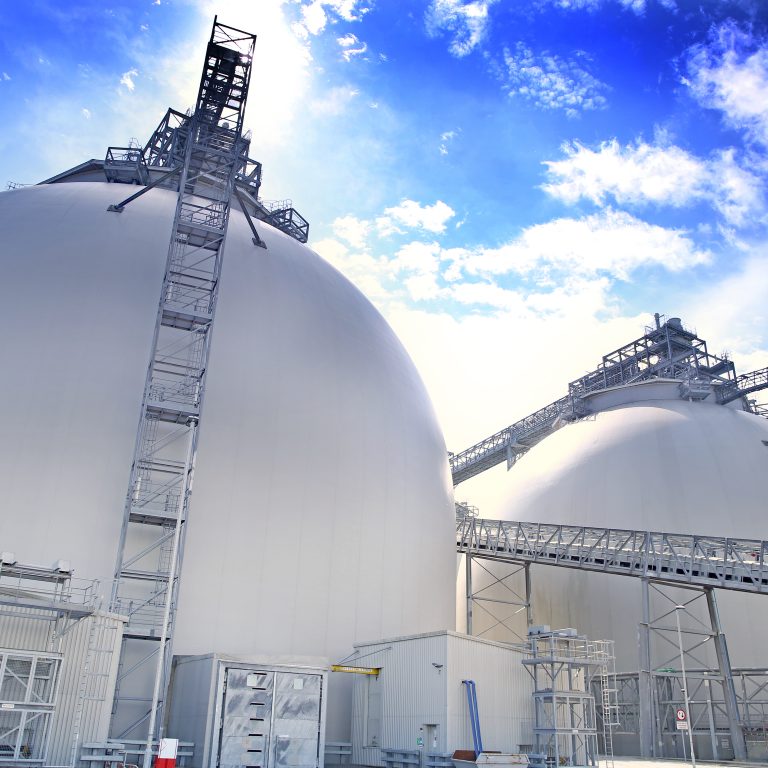Drax Power Station produces 17% of the UK’s renewable electricity, but it has a long history as a coal-fired generator. And while today around 70% of Drax’s output is from renewable biomass, there are still instances when coal is used – for example, at times of high demand, such as in the winter months.
Beyond just meeting demand for power, maintaining some operational coal capacity until it can be replaced with more biomass or gas, also allows Drax to offer flexibility and grid stability through ancillary services such as inertia, reactive power and frequency management.
Ensuring these remaining coal units run as efficiently as possible is key to Drax being able to economically provide support services to the grid. And for this, alongside more conventional coals it uses something termed as advantaged fuels.
What are advantaged fuels?
Advantaged fuels are coals outside of Drax’s conventional specification that are slightly more affordable than standard coals. Blending advantaged fuels with standard coal before burning allows generators to remain economical while meeting demand.
At Drax, these include off-specification coal and mine remnants such as pond fines, which are produced from former deep mine sites . These are offered at lower prices than standard fuels because they often have a lower calorific value, meaning they produce less energy when burned, or are difficult to work with and transport.
The benefit, however, is that power stations are able to ramp up generation as well as provide essential system services while remaining economical.
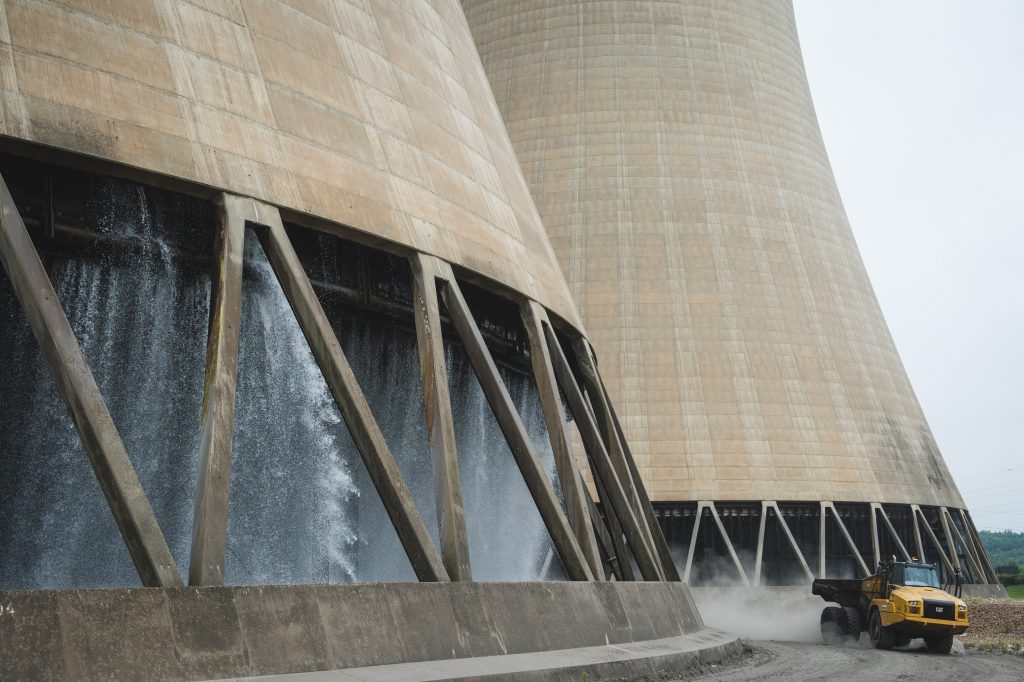
Getting the balance right
Each time an advantaged fuel is used, the right blend must be found depending on how much and what type is being utilised to ensure maximum efficiency and reliability.
This requires coordination across Drax between the fuel procurement team, aiming to source these lower-priced fuels, the materials handling and power generation teams who must quickly understand and resolve any issues surrounding fuel blends and the trading team, responsible for selling into the power market.
The cost savings achieved from using advantaged fuels combined with the highly efficient units Drax Group operates, helps keep costs down and that means lower electricity costs for everyone.
But this doesn’t mean these fuels will be used for the long term. Drax is continuing to decarbonise its power generation business. At Drax Power Station where three of its six power units have been upgraded to low carbon biomass, trials were underway in the spring and summer of 2017 to test a lower cost way of converting one of the three remaining coal units to run on compressed wood pellets. The Selby, North Yorkshire site is currently consulting with its local community on plans to repower one or two coal units to run on another flexible fuel – natural gas. If constructed, the gas power plant could be joined by a large battery storage facility – one which could provide immediate power and system services to the country’s electricity system while the gas turbines power up in the minutes that follow.
Coal’s days in the UK are numbered – and this is certainly a good thing – but while it remains a necessary part of meeting winter demand and balancing the system, advantaged fuels will be key to keeping it an affordable one too.





